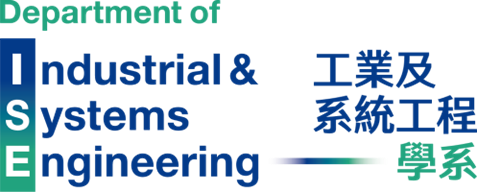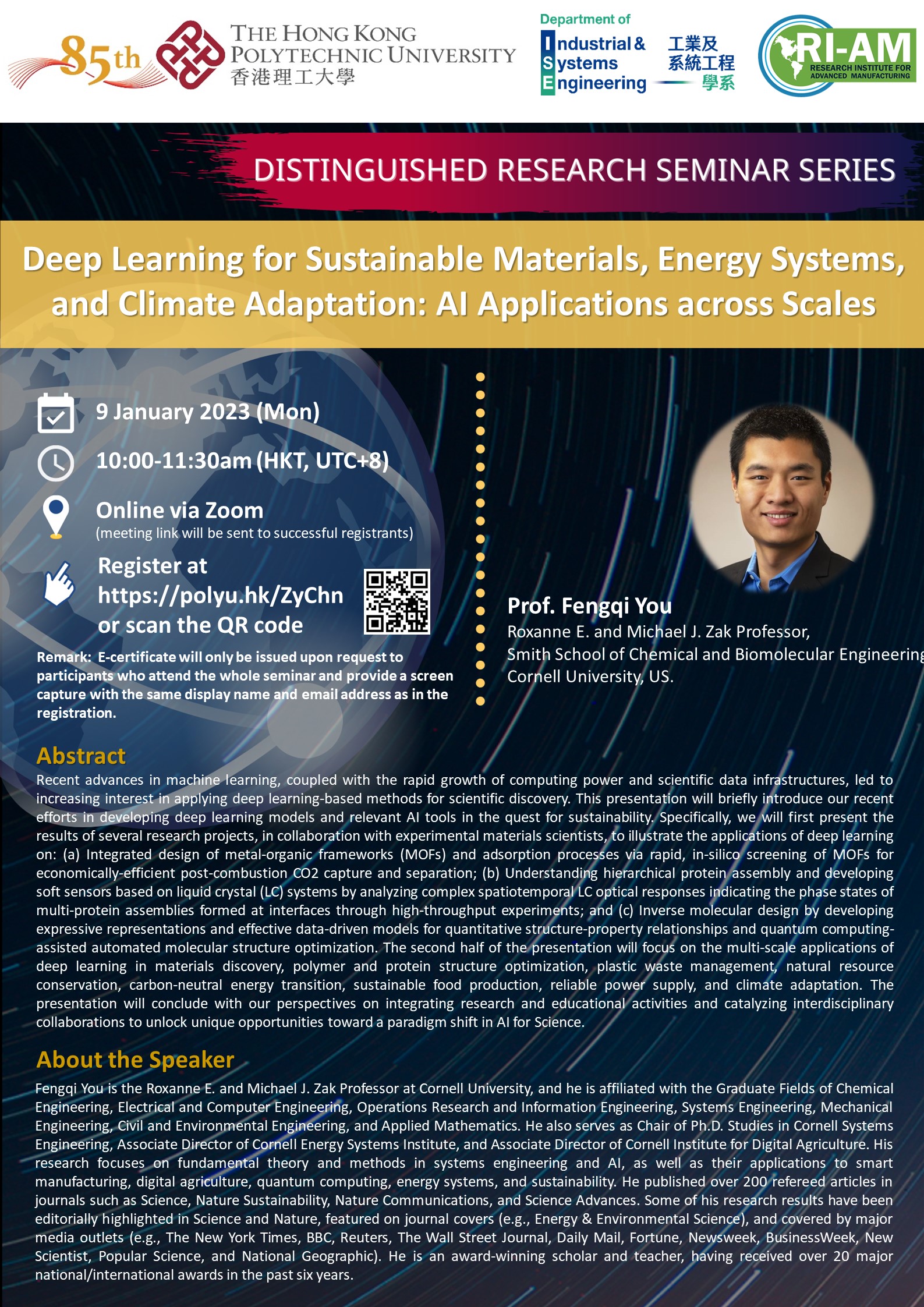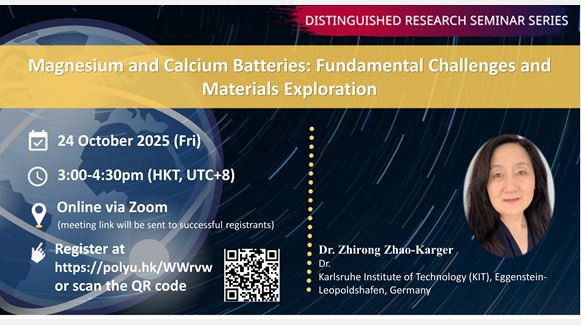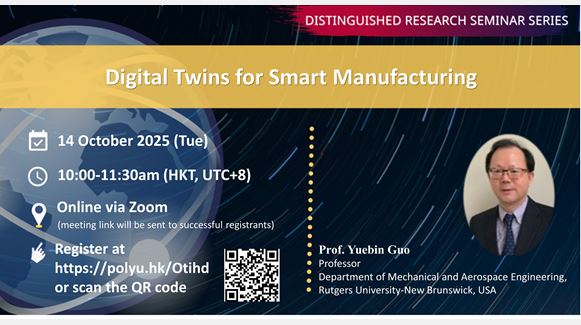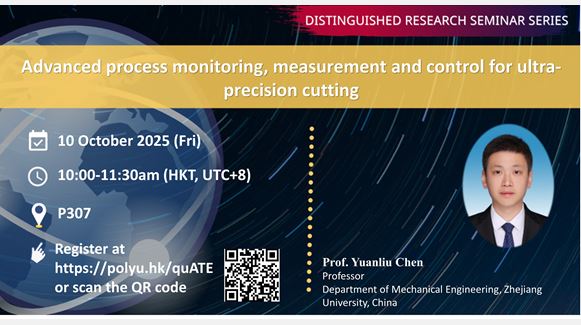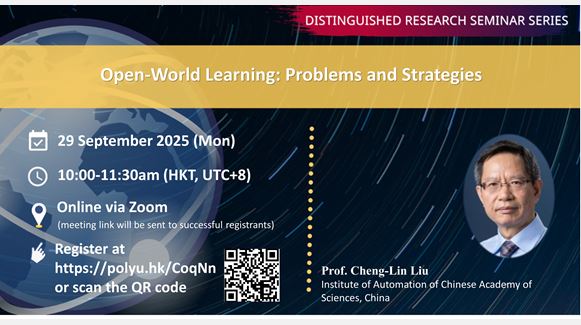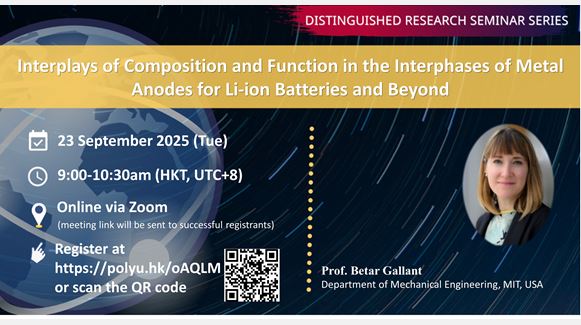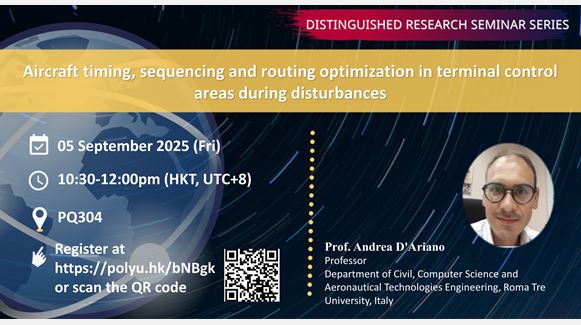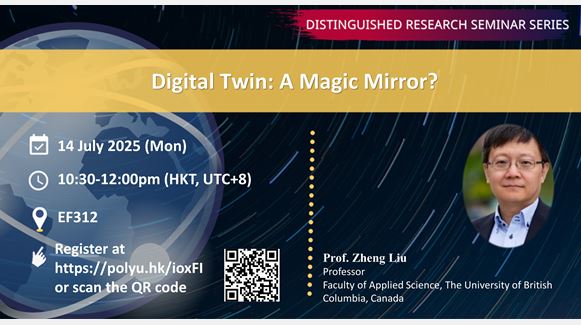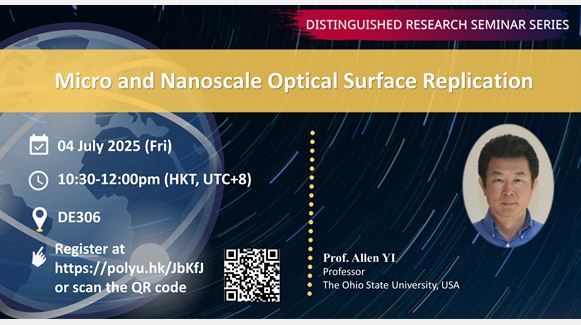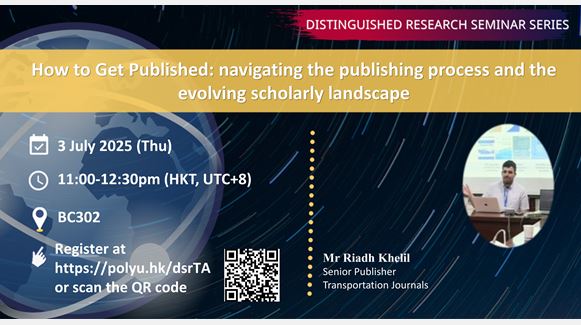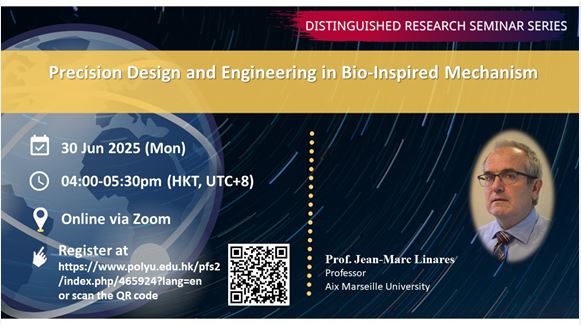Deep Learning for Sustainable Materials, Energy Systems, and Climate Adaptation: AI Applications across Scales
Distinguished Research Seminar Series
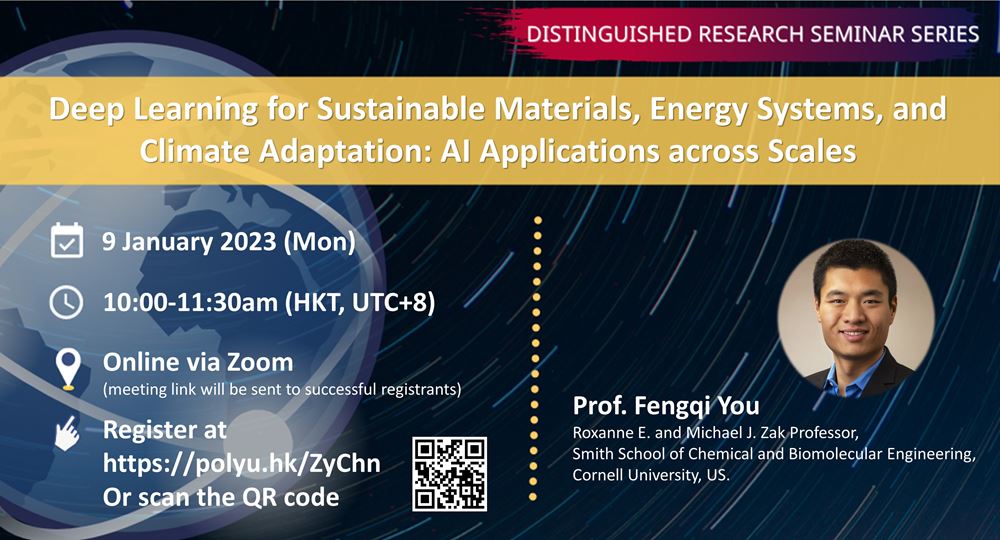
-
Date
09 Jan 2023
-
Organiser
Department of Industrial and Systems Engineering, PolyU; Research Institute for Advanced Manufacturing (RIAM)
-
Time
10:00 - 11:30
-
Venue
Online via ZOOM
Speaker
Prof. Fengqi You
Remarks
Meeting link will be sent to successful registrants
Summary
Recent advances in machine learning, coupled with the rapid growth of computing power and scientific data infrastructures, led to increasing interest in applying deep learning-based methods for scientific discovery. This presentation will briefly introduce our recent efforts in developing deep learning models and relevant AI tools in the quest for sustainability. Specifically, we will first present the results of several research projects, in collaboration with experimental materials scientists, to illustrate the applications of deep learning on: (a) Integrated design of metal-organic frameworks (MOFs) and adsorption processes via rapid, in-silico screening of MOFs for economically-efficient post-combustion CO2 capture and separation; (b) Understanding hierarchical protein assembly and developing soft sensors based on liquid crystal (LC) systems by analyzing complex spatiotemporal LC optical responses indicating the phase states of multi-protein assemblies formed at interfaces through high-throughput experiments; and (c) Inverse molecular design by developing expressive representations and effective data-driven models for quantitative structure-property relationships and quantum computing-assisted automated molecular structure optimization. The second half of the presentation will focus on the multi-scale applications of deep learning in materials discovery, polymer and protein structure optimization, plastic waste management, natural resource conservation, carbon-neutral energy transition, sustainable food production, reliable power supply, and climate adaptation. The presentation will conclude with our perspectives on integrating research and educational activities and catalyzing interdisciplinary collaborations to unlock unique opportunities toward a paradigm shift in AI for Science.
Keynote Speaker

Prof. Fengqi You
Roxanne E. and Michael J. Zak Professor,
Smith School of Chemical and Biomolecular Engineering,
Cornell University, US.
Fengqi You is the Roxanne E. and Michael J. Zak Professor at Cornell University, and he is affiliated with the Graduate Fields of Chemical Engineering, Electrical and Computer Engineering, Operations Research and Information Engineering, Systems Engineering, Mechanical Engineering, Civil and Environmental Engineering, and Applied Mathematics. He also serves as Chair of Ph.D. Studies in Cornell Systems Engineering, Associate Director of Cornell Energy Systems Institute, and Associate Director of Cornell Institute for Digital Agriculture. His research focuses on fundamental theory and methods in systems engineering and AI, as well as their applications to smart manufacturing, digital agriculture, quantum computing, energy systems, and sustainability. He published over 200 refereed articles in journals such as Science, Nature Sustainability, Nature Communications, and Science Advances. Some of his research results have been editorially highlighted in Science and Nature, featured on journal covers (e.g., Energy & Environmental Science), and covered by major media outlets (e.g., The New York Times, BBC, Reuters, The Wall Street Journal, Daily Mail, Fortune, Newsweek, BusinessWeek, New Scientist, Popular Science, and National Geographic). He is an award-winning scholar and teacher, having received over 20 major national/international awards in the past six years.
You may also like

